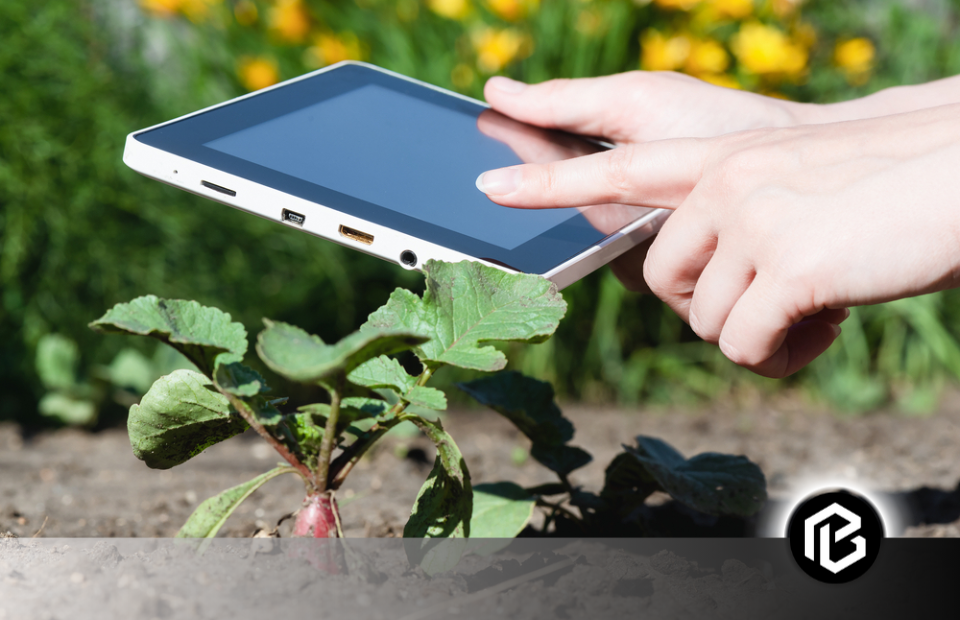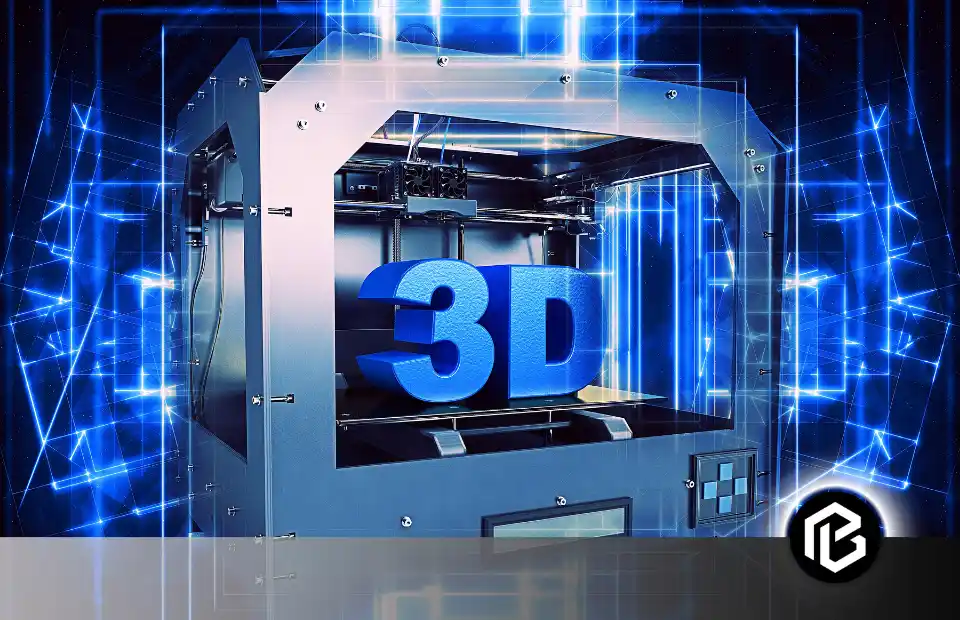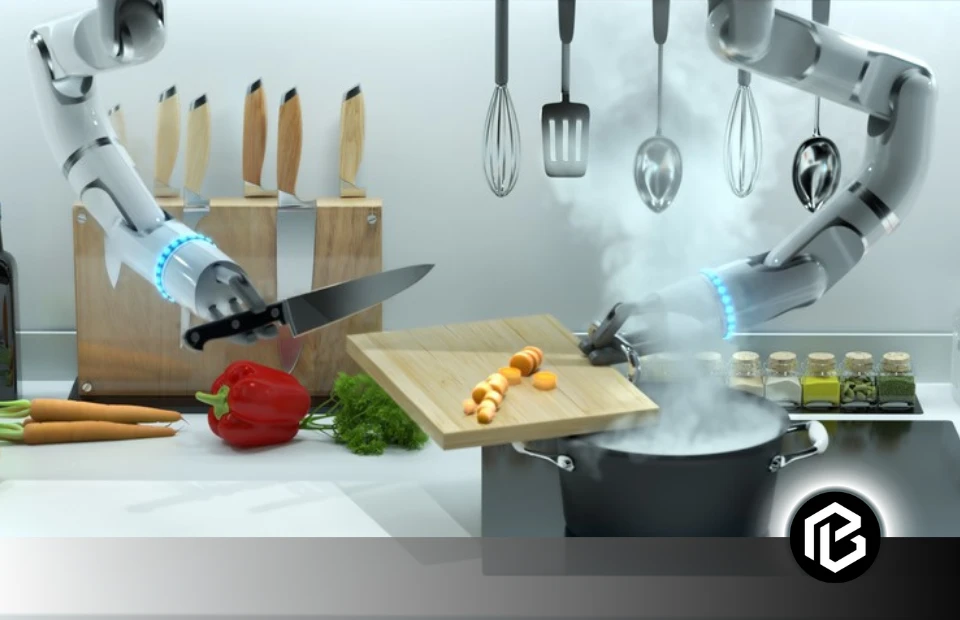Smart irrigation systems surpass manual control by integrating sensors, data analytics, and automation to enhance the precision and efficiency of irrigation. Today, many organizations have been trying to find ways to conserve natural resources, as the absence of these resources has contributed to a massive concern for humanity and water availability for future generations. In this case, water is one of the most valuable and essential resources that needs to be conserved.
Intelligent irrigation systems are replacements of traditional irrigation controllers to conserve water resources across different scenarios. Statistics reveal that water resources have been saved up to 30 to 50 percent anywhere using innovative irrigation systems.
It is also most recommended and beneficial because once you purchase the initial system, the control system is comparatively cheap to run. Because these systems have lower running costs than the traditional systems that humans carry.
Revolutionizing Irrigation Management
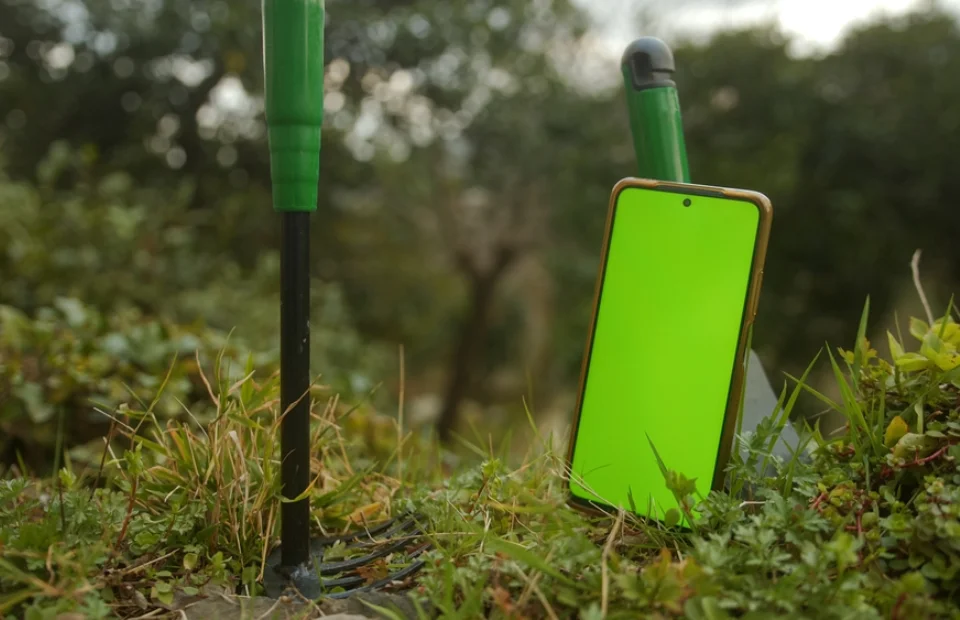
Some important points are to consider in revolutionizing smart irrigation management.
Smart Sensor Integration
The integration of the Internet of Things (IoT), large amounts of data, cloud computing, and sensor technology in irrigation systems introduces smart irrigation controllers for monitoring weather, soil conditions, evaporation, and water uptake to automatically adjust the watering schedule according to the actual state of the land.
Data-Driven Decision Making
Smart irrigation controllers are pivotal in tailoring irrigation schedules and optimizing water delivery. These systems can precisely allocate water resources using data analytics to process sensor information.
By analyzing data and giving the exact amount of water, these sensors help prevent overwatering, ensuring plants receive the same amount of water at the right time.
Remote Control and Monitoring
Remote monitoring enables farmers to manage irrigation operations in real time. Advanced sensor technology embedded in irrigation systems gathers important data on soil moisture levels, weather conditions, and crop needs.
Farmers can access data that will show them irrigation status through the devices. It also helps them to make irrigation schedules and set the amount of water to ensure that crops receive the optimal amount of water when needed.
Sensors and Monitoring Devices
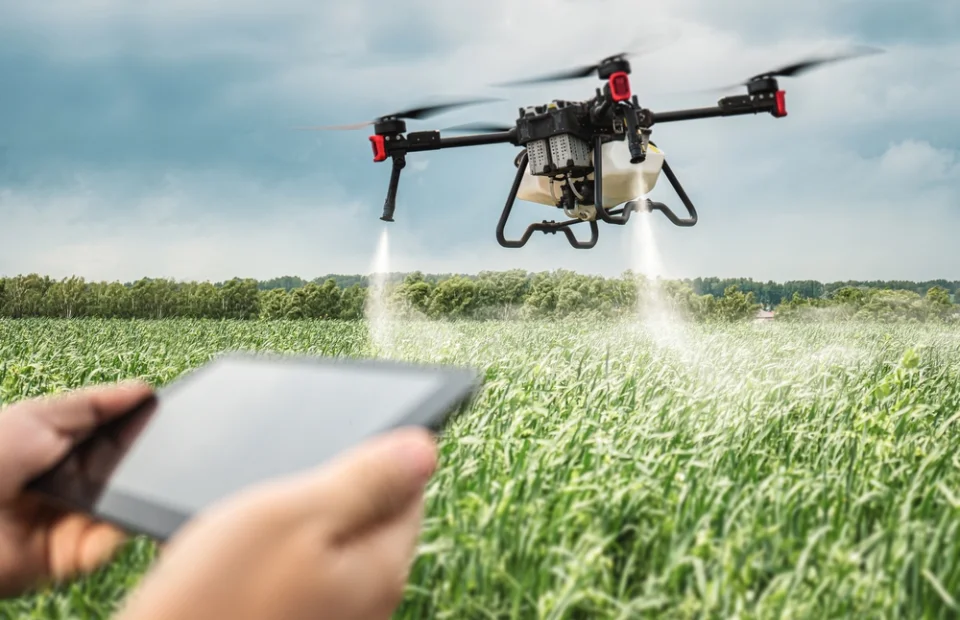
Let’s have a look at the sensors and monitoring devices in smart irrigation.
Soil Moisture Monitoring
Effective and efficient monitoring systems are vital in designing an effective irrigation control system to increase food production and preserve water resources. Soil moisture is regarded as an essential parameter that impacts the development and growth of plants.
The soil moisture sensors are buried in the plant’s root zone, which helps measure the soil moisture level and transfers this data to the controller. By analyzing this data, you observe how related activities must be carried out to achieve optimum results.
Weather Forecasting Integration
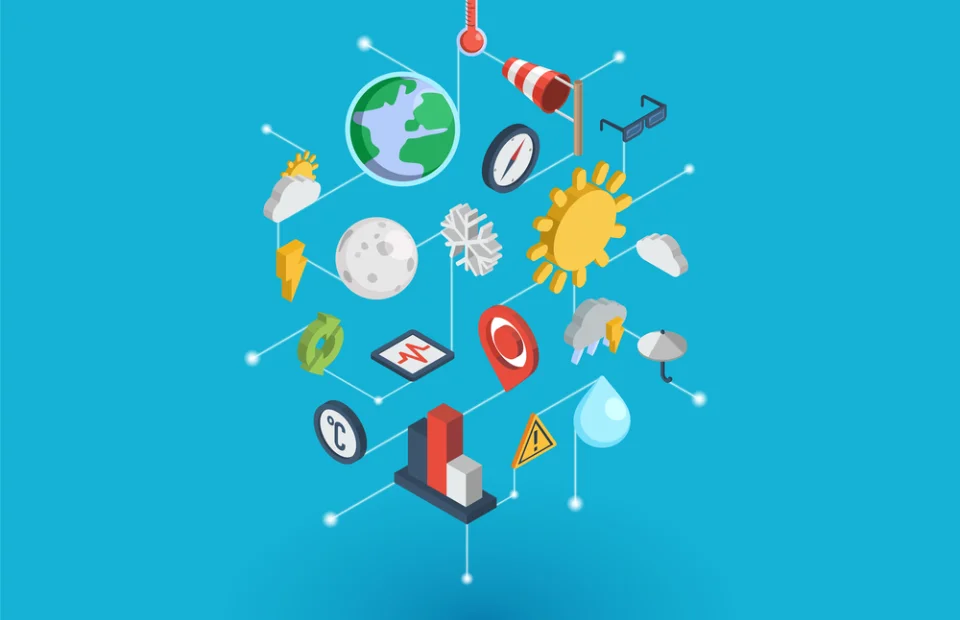
Weather conditions of the land are identified and analyzed to predict risks and organize a mitigation plan to manage the adversities. For this purpose, a variety of sensors are interconnected with each other to monitor the physical conditions of the environment.
Like the other sensors, real-time monitoring occurs through sensors, and data is sent back to the controlled devices for further analysis and planning. Weather-based sensors are integrated with IoT-based monitoring systems to assess the environment of crops, such as humidity, air temperature, wind speed, solar radiation, and moisture control in soil.
Crop Health Monitoring Tools
As we have discussed above, the sensors we use are interfaced with the wireless communication standard to transfer real-time data to the controllers, from which we can further analyze the data and plan to gain the optimum results.
By integrating sensors with other weather-based sensors, it becomes feasible to attain detailed information regarding the environment of your crop, which eventually leads to assistance in developing methods that could support the irrigation process for a long time.
Benefits of Smart Irrigation Controllers

Let’s have a look at the benefits of smart irrigation controllers.
Water Conservation and Efficiency
Controlled water usage is often much more straightforward than done. The first step is to evaluate and propose the site conditions to optimize the use of water resources. Water conservation efficiency can be gained through product selection, such as using pressure-regulated and matched-precipitation sprinkler heads.
Modern irrigation systems use “smart” controllers to optimize the timing, quantity, and frequency of water application to the landscape. It adjusts the daily water schedule based on season and geographic location.
Crop Health and Yield Optimization
By leveraging real-time monitoring sensors, data collection, automation, and optimizing water usage through smart irrigation, maximize water resources and enhance crop productivity.
As farmers increasingly adopt this technology, they have the benefits of saving water and boosting crop productivity with intelligent irrigation. This ensures crop health and productivity in the long run.
Economic and Environmental Impact
Implementing smart irrigation controllers creates an awesome situation for farmers and the environment.
Farmers can substantially reduce water costs by controlling water usage, eventually leading to economic savings. Furthermore, the conservation of water resources leads to environmental sustainability, which in turn strides towards sustainable agriculture.
Introducing smart controllers to manage water exposure to crops not only conserves water resources but also ensures an economically sustainable future for farming.
Implementation and Adoption
Smart irrigation has been implemented in multiple ways.
Integration into Existing Irrigation Systems
To increase the efficiency of automated systems, soil moisture sensors, and rain, wind, or freeze sensors can be added to update the existing systems.
Some manufacturers provide devices that contribute to monitoring multiple environment elements in one arrangement.
Many smart sensors are compatible with existing systems, are easy to install, and deliver results similar to smart irrigation controllers. These sensors are easily affordable for farmers when a compatible irrigation timer is installed on the site beforehand.
Training and Familiarization
Familiarizing oneself with the application and maintenance of these intelligent controllers can be a challenge, especially for farmers subjected to traditional farming practices. However, training programs and awareness provided by technology providers can help farmers acquire the expertise to use these smart devices effectively.
Recent case studies revealed that integrating these intelligent sensors can result in a 20% reduction in water usage and up to 25% increase in crop production, showcasing potential benefits for the agricultural landscape.
Addressing Challenges
Several security problems came up with intelligent farming, such as compatibility, heterogeneity, constrained devices, processing, and protection of data the sensors sent back to the controllers.
To build robust and efficient systems, agriculture systems must ensure the complete generation, transfer, and processing of data and provide adequate features to prevent attacks from outside the system.
Innovative sensor agriculture technology from the internet, IoT, and wireless communication networks incorporates all security problems to ensure data integrity to enable the proper operation of data-driven technologies.
Case Studies and Success Stories
Let’s explore some of the successful case studies on the implementation of smart irrigation.
Successful Implementations
The intelligent irrigation controllers market is moving towards continued expansion in the coming years due to increasing demand for the widespread adoption of sustainable and innovative products.
The development and advancements in intelligent sensing technologies are the backbone of the latest agricultural industry, agriculture 4.0, over several sectors. A significant driver of this technology is growing concern about health and wellness, as these smart controllers have led to the emergence of efficient and sustainable production methods.
Impact on Agricultural Productivity
Smart sensors offer several advantages for the agriculture sector and economy, achieving sustainable development goals and enhancing crop production.
These sensors can detect the pH of the soil, soil moisture levels, soil compaction, soil composition, weed detection, the state of farming equipment, and even weather conditions, which in turn facilitates farmers in conserving natural resources and enhancing crop production.
Feedback from Experts
Different case studies that have successfully implemented elements of Smart irrigation controllers can be considered. Agricultural sector organizations all over the world and the ones that are actively a part of this sector have become considerable in the application of intelligent irrigation methods.
One of the case studies recognized in WaterBit is a company in the industrial sector. This organization collaborated with the largest telecommunication firm to automate the local irrigation system through wireless connectivity. This enabled farmers to optimize their overall crop production and amply conserve resources.
Future Prospects
By 2030, the global Smart Irrigation Controllers market is expected to increase and approach the heights of multimillion figures, interpreting a tremendous annual growth rate between 2023 and 2030 compared to the statistics observed during the survey conducted in 2021. In the future, IoT-based agricultural industries will offer numerous practical applications such as weather forecasting, group data analysis, pest detection, etc.
Conclusion
Using Smart sensors and smart irrigation controllers, controllers’ farmers can make informed decisions based on accurate data analysis to increase productivity, promote sustainable crop production, and implement intelligent farming activities.
To achieve this goal, they must actively participate in the training programs introduced by technology providers. Hence, the farmers become better equipped to use these tools and contribute to achieving sustainable agricultural development goals.
Frequently Asked Questions on Smart Irrigation Controller
How do smart irrigation controllers work?
Smart irrigation controllers work by collecting and analyzing data from various sources, including soil moisture sensors, weather forecasts, and historical water usage, to determine the optimal watering times, durations, and frequency for specific plants or zones, ensuring efficient water usage and minimizing waste.
What are the benefits of using smart irrigation controllers?
The benefits of using smart irrigation controllers include water conservation, reduced water bills, improved plant health and growth, simplified irrigation management, remote access and control via mobile apps or web interfaces, and environmental sustainability by minimizing water waste and runoff.
How do smart irrigation controllers contribute to sustainability?
Smart irrigation controllers contribute to sustainability by promoting water conservation practices, optimizing irrigation efficiency, reducing overwatering and water waste, and minimizing the environmental impact of irrigation systems on water resources, ecosystems, and communities.
What features should users look for in a smart irrigation controller?
Users should look for features such as customizable watering schedules, moisture sensors, weather-based watering adjustments, integration with smart home systems or weather stations, real-time monitoring and alerts, and user-friendly interfaces for easy setup and operation.


